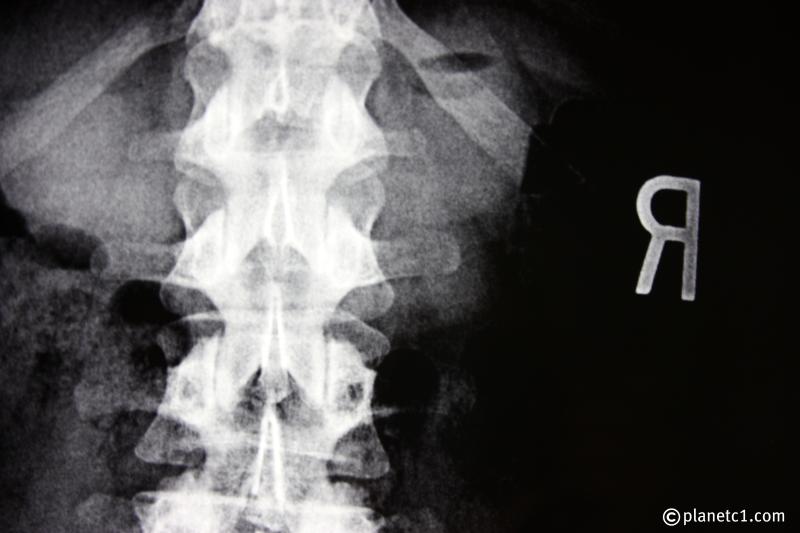It started when I was 16,
after instead of falling in love
with Jesus, I fell in love with a boy,
a little bit of God’s wrath now living
in my right shoulder, right hip,
right side of my newly kissed neck.
I knew he was jealous,
God, not the boy. Maybe because
instead of reading a chapter in Proverbs before bed
I spoke to the boy on the phone, whispering, my body
cramped in the dark corner of the living room,
my family already asleep.
I told the boy I loved him, like a breathy hallelujah,
like the hush of the MRI machine, taking me
into its mouth, or the X-rays, or my silent
bending over in the blue paper gown,
little ass out in front of the doctor
as he checked my spine. And the boy
touched my spine too, as he reached under my shirt
unhooked my padded bra. This was before
the diagnosis, the word itself sounding like a disease,
diagnosis, how it shares the first three letters
of my name. Diagnosis. If I could take
my tiny shovel hand, carve out
the synapses from my head,
shoulders, knees and toes. O bless,
bless, bless, it is meaningless how invisible
the body in pain, when God
is a house I can’t leave.
Click here to read Diannely Antigua on the origin of the poem.
Image: “Lumbar spine right X-ray marker,” by Michael Dorausch, licensed under CC 2.0
- Chronically - August 11, 2020


